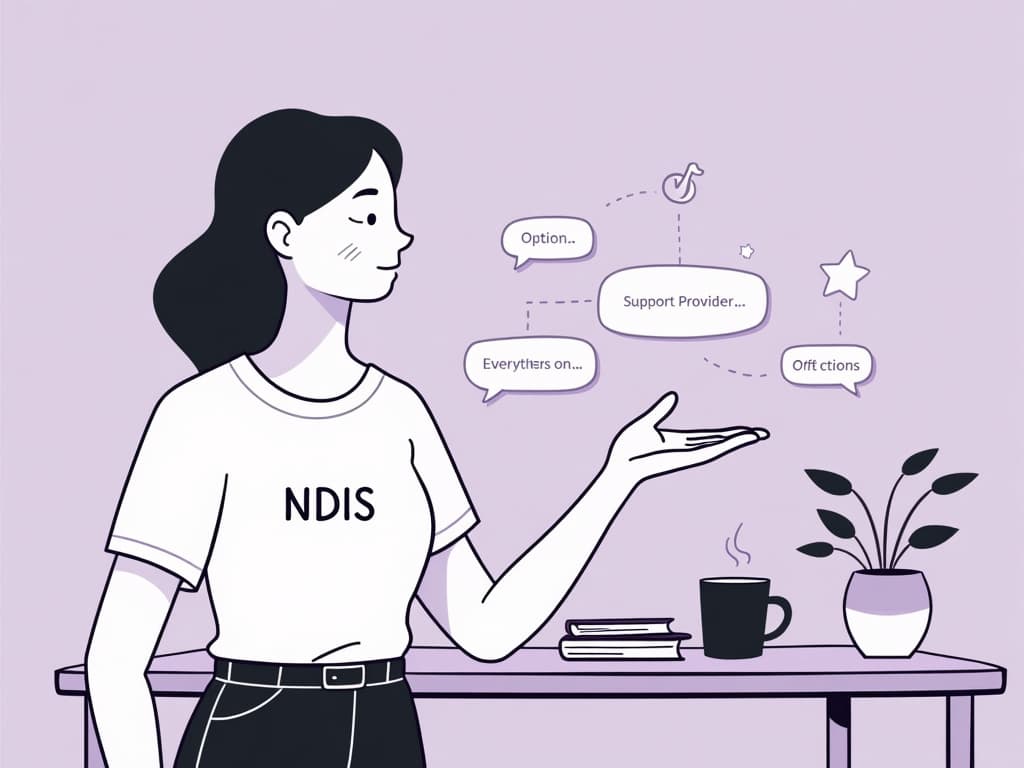NDIS Insight
ndis
Updated • v2
Empowering NDIS Participants: Choosing Your Own Support Providers in 2025
Updated 8/19/2025
Explore updated strategies for NDIS participants in 2025 to choose their support providers, considering new funding and legislative reforms.
8 min read

ndis
disability-support
NDIS support providers
choice and control NDIS 2025